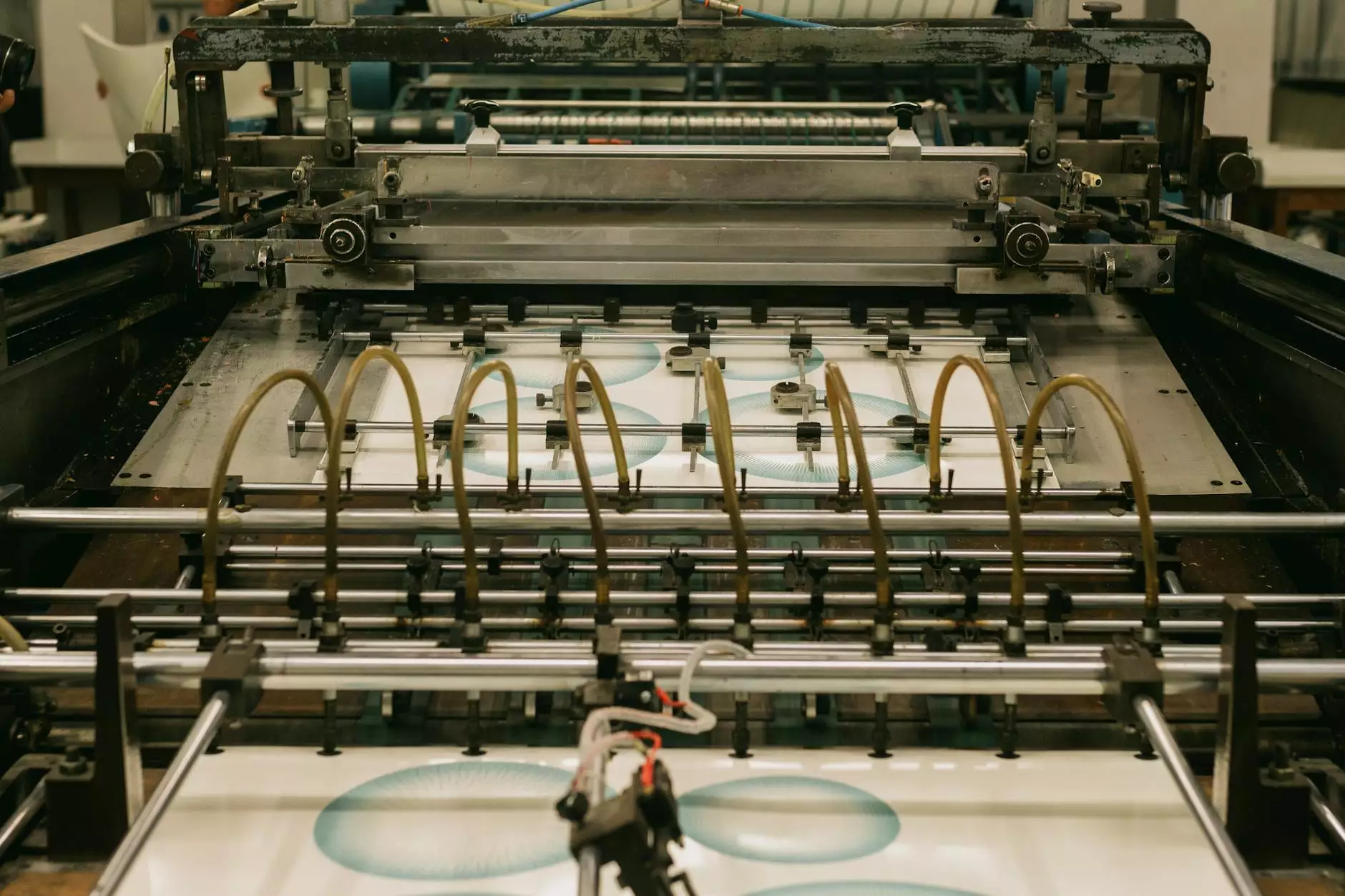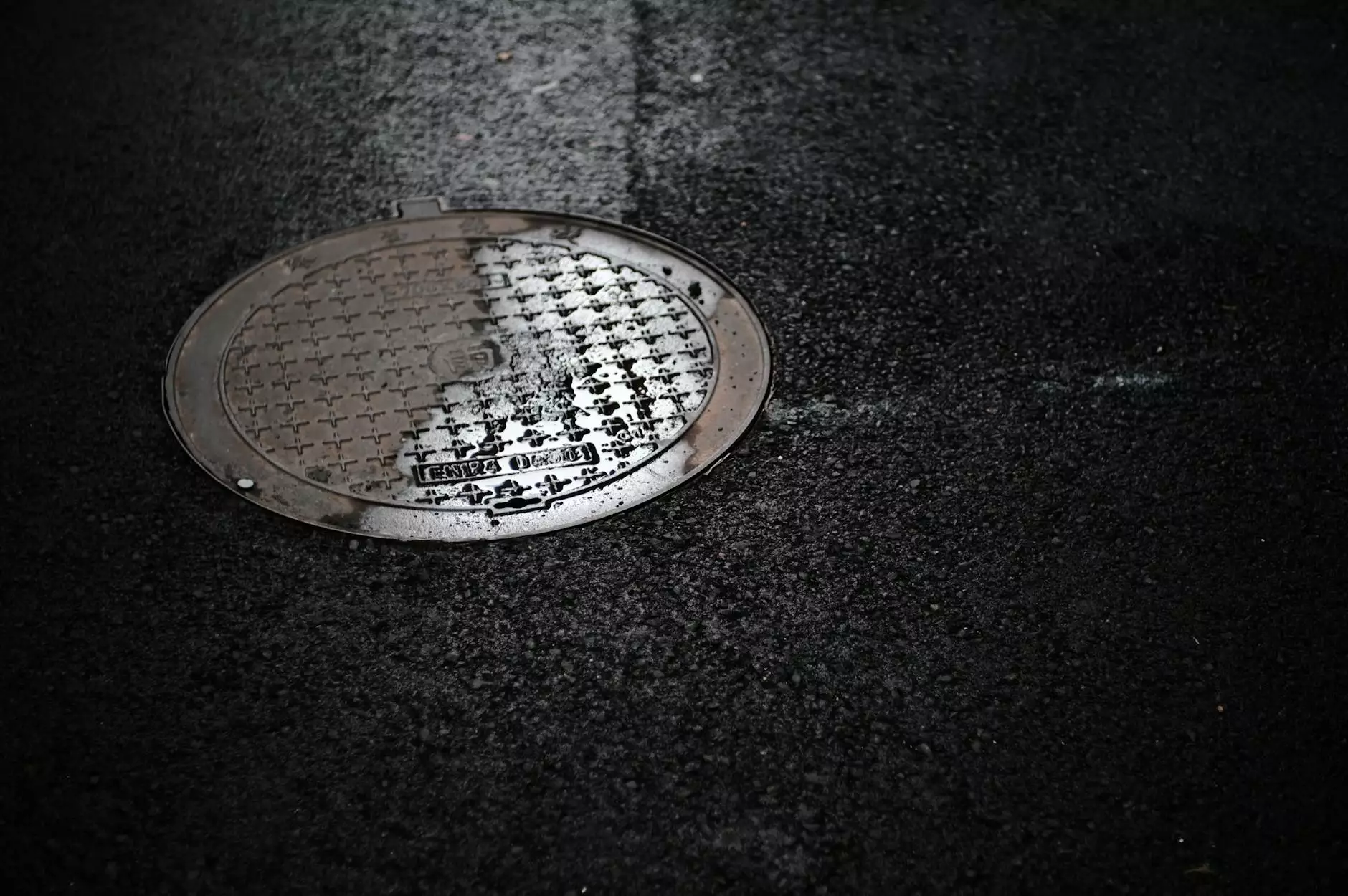Understanding Retail Label Printers: A Comprehensive Guide for Businesses

When it comes to effective business operations, especially in the retail sector, having the right tools is essential. One tool that stands out for its importance is the retail label printer. In this extensive article, we will delve deep into the world of retail label printers, exploring their significance, types, features, and benefits while providing you with the information needed to make an informed decision for your business.
Why Invest in a Retail Label Printer?
In today’s fast-paced retail environment, efficiency and accuracy are paramount. A retail label printer can help businesses streamline their operations in numerous ways. Here are some compelling reasons to invest in a retail label printer:
- Improved Efficiency: Retail label printers enable quick printing of labels, reducing the time spent on manual labeling.
- Cost-Effective: By printing labels in-house, businesses can save on costs that would otherwise be spent on outsourcing label production.
- Customization: Retail label printers allow for the creation of customized labels that can convey specific branding messages or essential product information.
- Increased Accuracy: Automated label printing minimizes the risk of human error, ensuring that products are correctly labeled and compliant with regulations.
Types of Retail Label Printers
Understanding the different types of retail label printers is essential to choosing the right one for your business needs. Here are the most common types:
1. Thermal Transfer Printers
Thermal transfer printers use heat to transfer ink from a ribbon onto the label substrate. These printers are known for producing high-quality, durable labels that are resistant to scratches and fading.
2. Direct Thermal Printers
Direct thermal printers print labels without the need for a ribbon, using heat-sensitive media to create images. These printers are ideal for short-term labeling tasks, such as shipping labels, as they are cost-effective and easy to use.
3. Inkjet Printers
Inkjet printers can produce vibrant, full-color labels, making them suitable for businesses that prioritize aesthetically pleasing designs. However, they may have higher ongoing ink costs compared to thermal printers.
4. Laser Printers
Laser printers offer quick printing speeds and high-resolution output, making them a versatile option for businesses that require both labels and general printing capabilities.
Key Features of Retail Label Printers
When selecting a retail label printer, it’s crucial to consider various features that will impact usability and efficiency. Here are essential features to look for:
- Print Speed: The number of labels printed per minute can significantly affect your operational efficiency.
- Print Resolution: Higher DPI (dots per inch) means better print quality and clearer images on labels.
- Connectivity Options: Ensure the printer can connect to your existing systems, whether it’s via USB, Bluetooth, or Wi-Fi.
- Media Handling: Look for printers that can handle various media types and sizes to accommodate your labeling needs.
- Software Compatibility: The printer should be compatible with labeling software that makes designing and printing labels straightforward.
Choosing the Right Retail Label Printer for Your Business
Selecting the perfect retail label printer for your business involves assessing your needs and understanding the features each printer offers. Here are some steps to guide your decision-making process:
1. Assess Your Labeling Needs
Consider the volume of labels you print weekly or monthly. For high-volume printing, prioritize printers known for speed and durability. For lower volume, more occasional printing can allow for different types of printers, like thermal direct or inkjet models.
2. Determine Your Budget
Establish a budget for your printer purchase, keeping in mind both the initial cost and the long-term expenses, including ink, labels, and maintenance. Accessing high-quality yet economical printer options can be beneficial in the long run.
3. Evaluate Print Quality Requirements
If your labels contain barcodes, logos, or intricate designs, ensure you choose a model with high-resolution print capabilities to maintain clarity and professionalism in your branding.
Benefits of Using Retail Label Printers
Implementing retail label printers in your operations can offer numerous advantages, which include:
1. Enhanced Branding
Customized labels can help create a consistent brand image, making products instantly recognizable to consumers. Quality labels reflect professionalism and reliability.
2. Improved Inventory Management
With accurate labeling, businesses can easily track stock levels, preventing overstocking or understocking scenarios, which can disrupt sales and customer satisfaction.
3. Compliance and Regulations
Many industries are subject to labeling regulations. A retail label printer can produce compliant labels that include necessary information while ensuring your business adheres to legal standards.
Integrating Retail Label Printers into Your Workflow
Once you've chosen a retail label printer, it’s essential to integrate it into your existing workflow for maximum efficiency. Here’s how to do that:
- Training Staff: Ensure that all employees who will be using the printer are adequately trained on its operation and maintenance.
- Software Setup: Install and configure any necessary software for designing and printing labels, ensuring it’s compatible with your printer.
- Establish Print Standards: Create best practices for label design and printing to maintain consistency in branding and compliance.
Common Questions About Retail Label Printers
As businesses explore retail label printing options, several questions often arise. Here are answers to some common inquiries:
1. Can I use my retail label printer for various label sizes and types?
Yes, many modern retail label printers are designed to accommodate different label types and sizes, allowing for flexibility in your labeling needs.
2. What are the maintenance costs associated with label printers?
Maintenance costs can vary depending on the type of printer. Thermal printers typically require less maintenance than inkjet printers, which may need regular ink replacement and cleaning.
3. How can I improve the lifespan of my retail label printer?
Regular maintenance, proper usage, and adhering to manufacturer guidelines can significantly enhance the longevity of your printer.
Conclusion
In conclusion, investing in a retail label printer can drastically improve your business operations, from enhancing branding to ensuring compliant labeling. Understanding the different types, key features, and the integration process is vital for maximizing the benefits this tool can provide. As you refine your business processes, consider how a retail label printer can play a crucial role in your labeling strategy, making your operations smoother and more professional.
For more information on printing services and office equipment, feel free to visit our website at barcodesforbusiness.co.uk.









